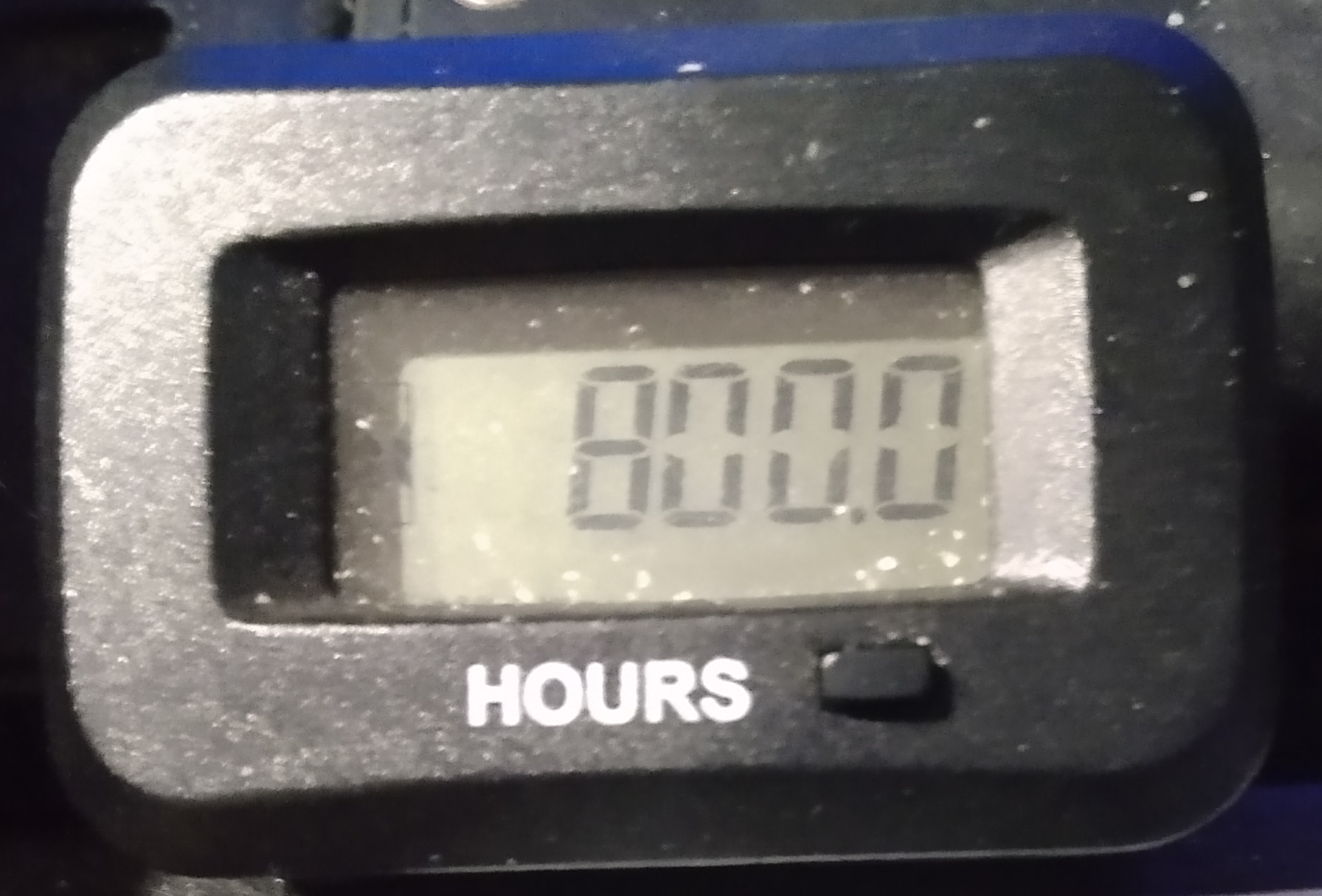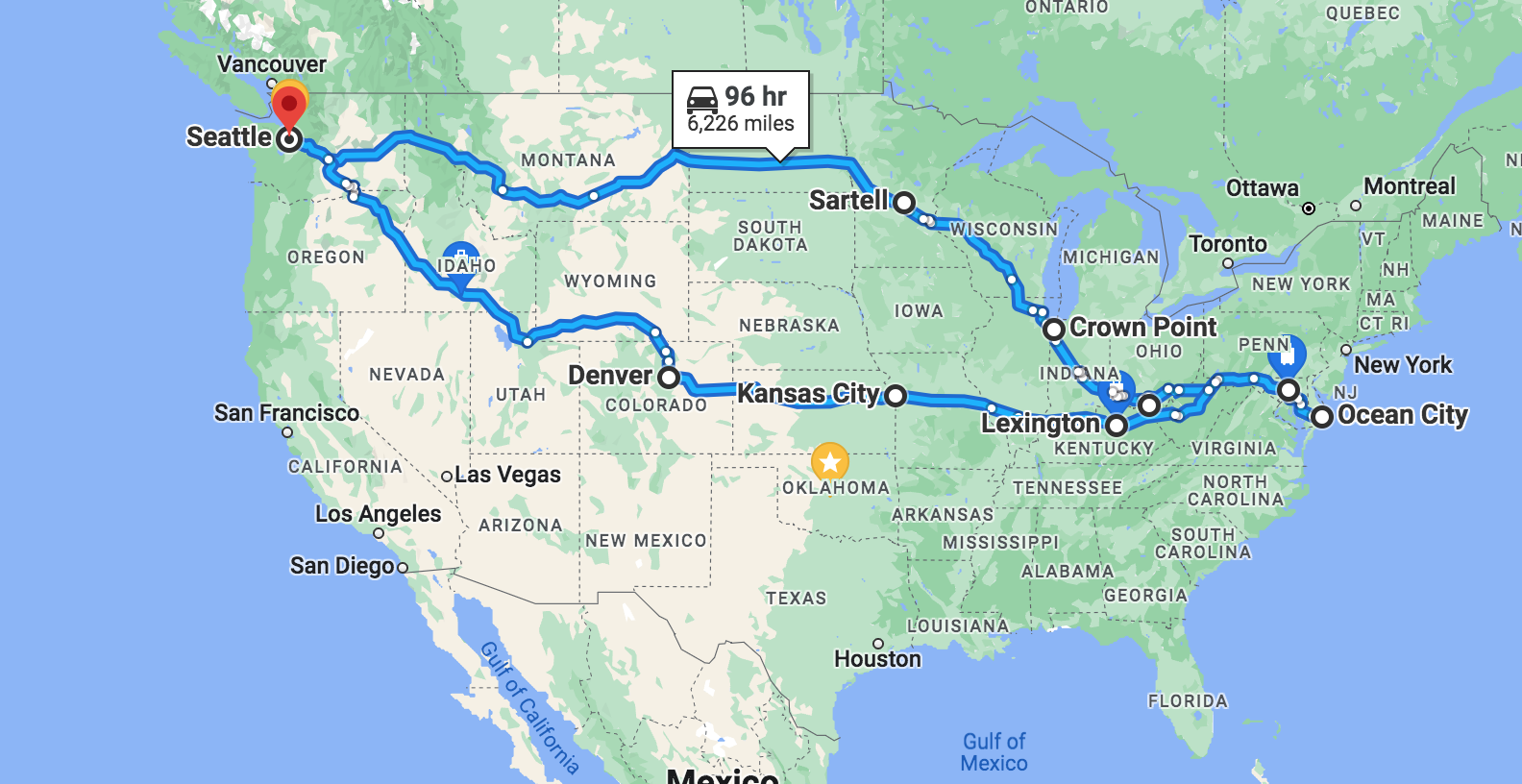So, over the years my opinion of Elon has varied a number of times. Obviously we’ve got a lot of things in common, and there was definitely a week or so where I would have considered myself a muskrat and defended him. But increasingly I’ve been disappointed – both by the sense that he’s not as bright as I thought he was and by the sense that he’s a horrible human being and not someone who should be put in charge of decision making.
So, reasons I’m hard on Elon lately:
1) The hyperloop. It was never going to work. Anyone who’s worked with hard vacuum themselves would have already intuitively known why it wasn’t going to work. It underlines that Elon’s never actually gotten his hands dirty building stuff in the real world – I’m not even sure if he’s done any coding.
2) Taking the radar out of the tesla. If Elon were a little brighter, he’d recognize that while humans can navigate and operate vehicles without extra senses, we have a 100b neuron neocortex supervising our 8b or so visual cortex to make sure that common sense gets applied to the output. People have already died because the Tesla can’t tell grey semi from grey sky. Elon is willing to have people die to save a few bucks – and doesn’t seem to recognize that SDR will get cheaper and cheaper as it’s widely mass produced because it’s literally made out of sand – but every single human cannot possibly have a price tag placed on them and what their loss would cost us.
3) Having more children than he can possibly provide good entrainment signals for, despite the fact that he himself was abused. Clearly not interested in breaking the cycle of abuse.
4) Believing we need *more* humans, when we’re not clear on where we’re going to get the water and food and whatnot for the ones we have, and we’re not clear how to make earth not a dystopia for the ones we have
5) Increasingly I’ve come to suspect Elon is really good at selling how brilliant Elon is, but less good at actually making stuff work. He’s clearly abusive to the people he works with, and he’s also clearly *not* prioritizing a good outcome for humanity over stroking his own ego. He doesn’t care about ruining people’s lives, and is willing to hurt them – and fire them – for no particular good reason. He also fails to give good positive feedback for successes. Elon is a bad leader.
6) He doesn’t care about anyone but Elon. he didn’t have any kind of worldwide vote before filling the sky with his ISP, for example, and he’s not concerned about the impact on radio telescopes. He also hasn’t asked himself the question about whether it’s really a good thing for humanity for us to be reachable everywhere
7) He seems to surround himself with yes-men. This means he doesn’t get people telling him, for example, the hyperloop is not a good idea.
8) He overpromises and underdelivers. (He has that in common with Nicolai Tesla). I can point out everything from the vegas tunnel to the cybertruck.
9) He doesn’t do a good job of triaging, and he takes on more than he can do a good job at. Hm, me too.
On the other paw. No one is perfect. He’s done more to promote electric vehicle transition than anyone else I can name, and I think he deserves credit for that. TSLA made a car, but Elon contributed to making it sexy, and making it sell. If he doesn’t always knock it out of the park, well, at least he’s still swinging. And, I hope he doesn’t stop. There might be people that I would wish weren’t with us any more, but Elon is definitely not one of them. I wish he would grow – but I’m glad he’s here and hope he stays.
My final verdict is yes, I am too hard on Elon Musk. I should leave Facebook threads about him alone and stick to achieving my own goals. There’s nothing to be gained by tearing him down and there’s far, far worse people in the world if I want to criticize.
I am really glad I am not Elon. I would imagine he probably is really glad he is not me. I prefer to steer the ship from the rear of the pack – like Buckminster Fuller, I am a trim tab, a very small thing which makes enormous waves a long way away. He prefers to steer the ship from the front. But, one man’s heaven is another man’s hell, and it was ever thus.

